-
•
•
23 responses

It’s one thing to know that what you are witnessing is wrong; it’s another thing altogether to know what to do about it. I do know that inaction is often taken as tacit approval, and I do not want to be guilty of the sin of complicity Read More
-
•
•
17 responses

I often heard, growing up, that teenagers think they are immortal. I always thought this applied to other teenagers. For the most part I didn’t get into the sorts of shenanigans that make adolescence famous. I felt I had a perfectly rational aversion to death and dying that manifest itself in, among other things, a general trepidation about learning to drive. Passing other cars at a cumulative speed of 100mph with only a few inches and some yellow lines as separation is still a kind of scary thing, I think, if you stop and consider it. It wasn’t until I was… Read More
-
•
•
3 responses
When we discuss the Mormon trek, the focus is almost always on the physical suffering that many of the immigrants endured while traveling west. While certainly the physical struggle to cross the plains (covered in Doctrine and Covenants Lesson 34) was difficult, the pioneers suffered in other ways also. For example, many left family behind, generally compounded by their conversion to Mormonism, and often assuming that they would never see their family members again. The poem below describes just such a situation. Read More
-
•
•
Many of our hymns have a martial air to them, often echoed in their messages. We are called “Christian Soldiers,” marching on to war, and we call to the “Elders of Israel” to join the campaign. And often the Priesthood is called “God’s Army” in an attempt to emphasize, I suppose, its size and power and the brotherhood we often feel in the priesthood. The following poetic excerpt not only captures some of that brotherhood, but also explains clearly that this “army” is not a military, but something far different, more like what is described in Lorenzo Snow lesson #17.… Read More
-
•
•
12 responses
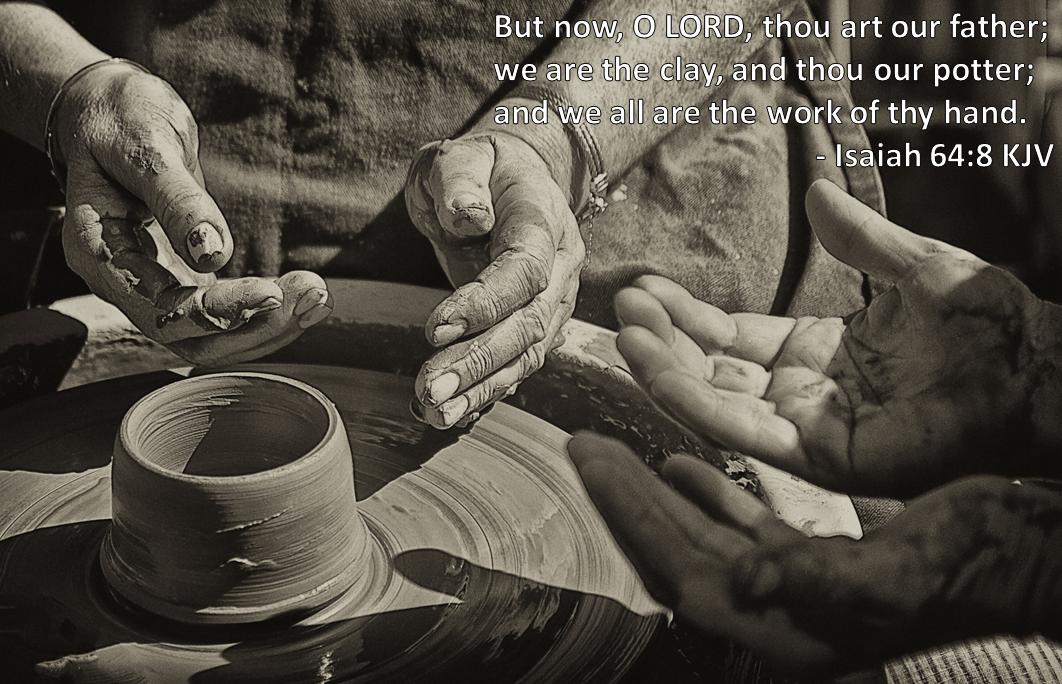
A number of years ago, a friend wrote me an email that included this reminiscence: Friday was my last day of spring break. I had worked all through the break, and really wanted to do something fun, something indulgent. I immediately thought of the only thing I have ever done when I wanted to be indulgent in past years– go to Barnes and Noble. I have always been haunted by a trip to the temple 20 or 30 years ago, and an old mission friend was along. We went to the book store, and he just loaded up with an… Read More
-
•
•
6 responses
Notice how similar these three passages are: Read More
-
•
•
We often make assumptions about the past based on our perspective today, and the current Gospel Doctrine lesson about Brigham Young and succession in the presidency is no exception. We know that the senior member of the Quorum of the Twelve becomes the new Prophet, and it is easy to assume that this was always understood. But following the martyrdom of Joseph Smith, that question was far from clear among many members of the Church. Even six months later, when this poem was written, those members who followed Brigham Young often assumed that he would remain president of the Quorum… Read More
-
•
•
“If you haven’t heard around the ‘nacle– The fMh Tracy McKay Scholarship fund drive is in full force! Last year many around the bloggernacle rallied together to help the awesome Tracy McKay finish the last few months of her degree when her ward could no longer help her out. fMh is keeping the tradition going by helping more single Mormon mothers go back to school. Read More
-
•
•
[I’m sorry for the delay in getting this posted. I’ve been traveling a lot the past week.] The martyrdom of Joseph Smith was a shock to his people and one that, as their successors, we still remember and still feel. But in the days following his assassination, the reaction of Church members was one of outrage. While we today see the martyrdom as “sealing his testimony,” then the members of the Church saw this as a failure of the state, with a feeling that the state was somewhat complicit in these murders. But despite that the brothers were immediately seen… Read More
-
Bloggernacle+, Essential Texts in Mormon Studies, Latter-day Saint Thought, Liberal Arts, Life in the Church
•
•
43 responses

As summer ends, my time to engage with Nibley’s social criticisms has begun to return. Of course, I say that the week before classes begin, so a couple things I want to point out before we get started: first, this is a long, detailed chapter. Read More
-
•
•
22 responses
It was January 5, 1982, the day United States District Court Judge William R. Overton issued his memorandum opinion in McLean v. Arkansas Board of Education. Plaintiffs challenged an Arkansas statute that required Arkansas public schools to “give balanced treatment to creation-science and evolution-science.” The Court found that “creation science has no scientific merit or educational value as science” and that “the only real effect of Act 590 [the Arkansas statute] is the advancement of religion.” As such, it violated the Establishment Clause of the First Amendment and was struck down as unconstitutional. Langdon Gilkey, a theologian who testified at… Read More
-
•
•
44 responses
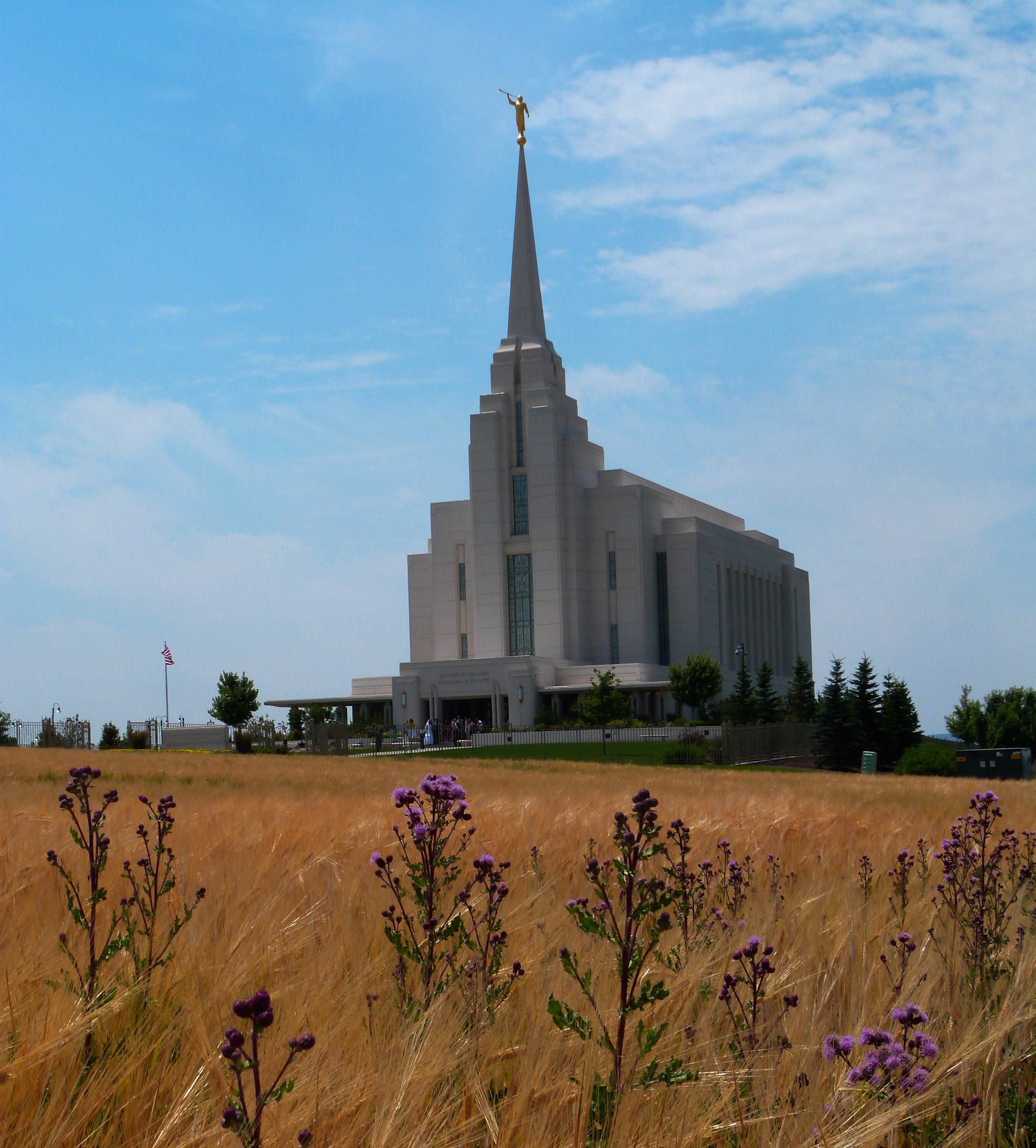
What is it like to move to Rexburg? If you’ve ever driven across the country, you’ve probably stopped for gas or lunch in some town you’ve never heard of and observed in astonishment that people not only live there, but appear to lead lives as happy and meaningful as any other American. Those lives may include more baseball or rodeo than you would choose for yourself, but the people there seem content enough. You see parks and schools and streets with decent-looking houses and a reasonable number of stores, and you wonder what it would be like if you lived… Read More
-
•
•
46 responses

After nine years as a stay-at-home mom, I recently got a full-time job. I’ve been working for a month now, which seems long enough to state some preliminary observations about how things are going. The short answer is, I am happier than I’ve been in quite a while. I have way more patience for my children when I come home at six o-clock from an office full of adults than I did when I was at home with them all day. My emotional resources are magically magnified by being away from home during the work-day doing something interesting and creative,… Read More
-
•
•
3 responses
The August 23rd proposal submission deadline for the Society for Mormon Philosophy and Theology’s 2013 Annual Meeting is approaching. The conference will be held at Utah Valley University, October 31-November 2, with the theme, “The Atonement.” For a fuller discussion of the theme and submission information, see the Call for Papers flyer (PDF), or the Call for Papers web page. Student Travel Funding: SMPT has some funding available, on a competitive basis, to defray travel costs for student presenters. Travel funding awards of a value up to $700 each will be made on the basis of (a) merit of the… Read More
-
•
•
6 responses
The Malian presidential elections have run their course and have produced a new president of Mali, Ibrahim Boubacar Keita. The second runner Soumaila Cisse has conceded and congratulated the new president. The election ran in two phases, first between all 28 candidates, and then a second phase between the two front runners. After the first phase, Keita had 39% and Cisse 19%. There was, as we know from an earlier blog, an LDS candidate, Yeah Samake. He ended with 0.56% in the first run, and has extended his congratulations to the winner. For our Mormon fans of Samake, some questions… Read More
-
•
•
29 responses
I thoroughly enjoyed Rosalynde’s FAIR talk, “Disenchanted Mormonism”! Thank you, Rosalynde! I really like the way she presents doubt as something that can be a productive and legitimate place to inhabit indefinitely, even while there is an active hope for greater knowledge and confidence in the future. I also really like how she embraces what we don’t choose, including the fact that we (at least many of us) are members of the body of Christ and of the church largely independent of personal choice. I have a question for Rosalynde, though: isn’t there still a pretty significant form of belief,… Read More
-
•
•
25 responses
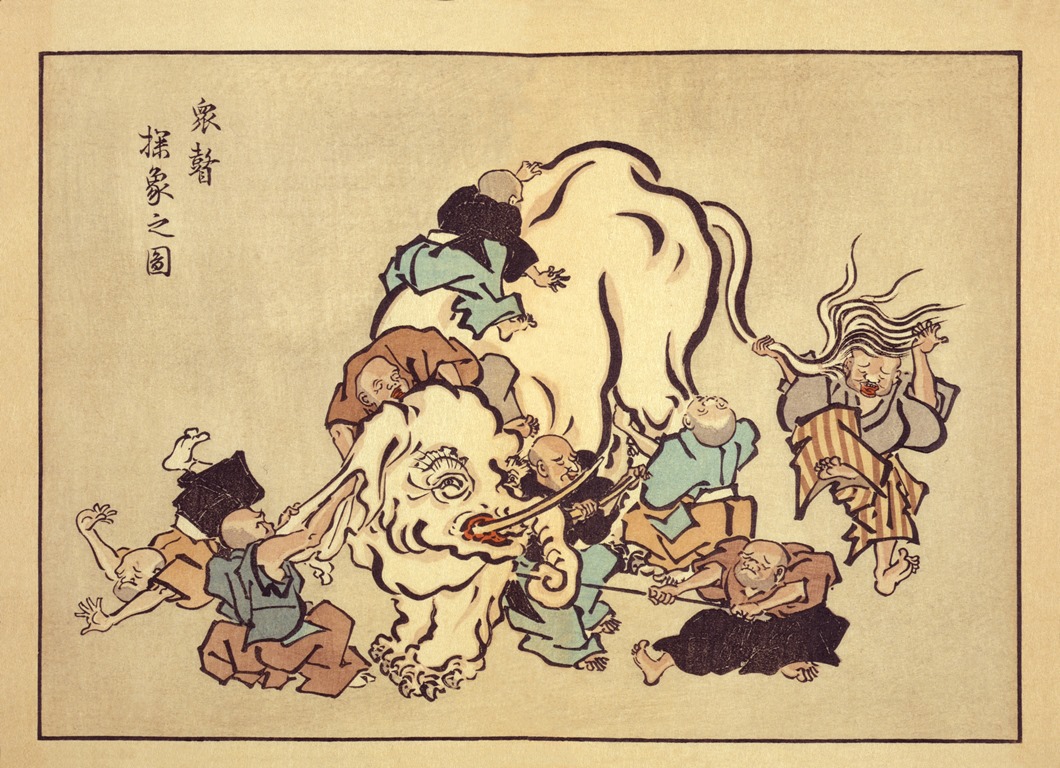
The story of the blind men and the elephant is as useful as it is widespread. It features in Jain, Buddhist, Sufi and Hindu lore and has also been applied in modern physics and biology. In case you haven’t heard it before, the essence of the story is that a few blind men each touch a different part of an elephant (like the tail or ear or leg or tusk) and each conclude that the elephant is like the part that they see (brush, fan, pot, or spear). Depending on the version of the story, they either cooperate to understand the… Read More
-
•
•
2 responses
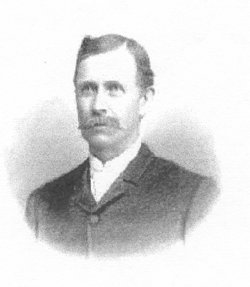
When we speak of unity it is often difficult to understand exactly what we need to do to achieve it. The teachings of Lorenzo Snow in the current Priesthood/Relief Society lesson manual (lesson 16) try to address this, but I’m not quite sure that they give the specifics needed. Should we be united politically? What does such unity mean? There are many elements of society today that are by nature divisive, and politics is clearly one of them. Does the gospel offer a better way to decide political questions, a more united way? The author of the following poem seems… Read More
-
•
•
The doctrine of eternal marriage, discussed in D&C Gospel Doctrine lesson 31, is clearly tied to the priesthood (the authority by which such marriages are performed) and to salvation, for salvation in the eternal kingdom is dependent on sealing, both to parents, to spouse and to children. The following poems addresses the role of sealing in our understanding of priesthood and of salvation. Read More
-
•
•
4 responses

There have been LDS art contests in the past, either sponsored by LDS church institutions or by private organizations, but none have yet focused on Heavenly Mother as their theme. That changed this month with the newly announced A Mother Here Art and Poetry Contest. Aiming to stimulate the visual and poetic expression of Heavenly Mother, as well as highlight the nascent divinity that resides in women as well as men, monetary prizes in excess of $2200 will be awarded to the best entries. The contest accepts two-dimensional art submissions to be considered in its visual arts awards, and all… Read More
-
•
•
8 responses
Over at Keepaptichinin, Amy Tanner Theriot has a wonderful post talking about family associations, and providing some guidelines for how to put together a successful association. In the post, she mentions that family associations can qualify as 501(c)(3) tax-exempt entities. At the mention of Code sections (and revenue rulings!), my ears perk up, and I thought I’d give a little more information about the tax side of such organizations. But before you read my post, you need to read Amy’s. Because everything I know about family associations I learned reading her post, then doing a little Westlaw research. Because of… Read More
-
•
•
8 responses
My friend and neighbor has written a beautiful parable that I am pleased to share with you today. David Harding works actively in his ward and neighborhood. His daughter is my daughter’s best friend. As those of you with children know, it is a great blessing to have your offspring fall in with good people who help support them as they grow into themselves. Periodically, maybe once or twice a year, David writes something that he thinks could be shared beyond his close circle. The topics range, but as often as not they are gospel related. And so I’m introducing David,… Read More
-
•
•
32 responses

Last week I wrote about the conflict between a basic axiom of human behavior (we tend to see ourselves as heroes in our own stories and rationalize our behavior accordingly) and the requirement that sinful actions be in some sense deliberate in order to be sinful. I did this primarily by suggesting that, while the original commission of a sinful act often occurs under duress of some sort (thus mitigating against it’s nature as a deliberate choice), we frequently compound that sin by subsequently trying to rationalize it. I’d like to conclude (for now, anyway) my posts on this subject by… Read More
-
•
•
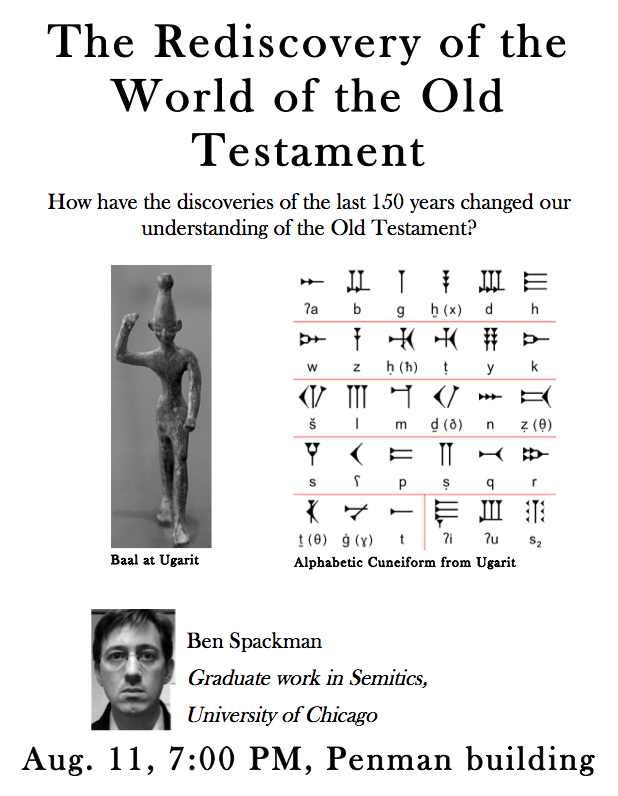
I wrote some lectures on the Bible to present in Paris, although due to scheduling and communication conflicts, only the first was actually delivered. I’m now scheduled to do two of them in Jacksonville, FL in the next two weeks. These will be held at the LDS Chapel on 440 Penman Rd. in Jacksonville. The first is next Sunday at 7PM (flyer below), the second (similar to my presentation here) will be Friday the 23rd, same time and place. Given that I speak English slightly better than French, these will probably be a bit more spontaneous and expansive. If you’re… Read More
-
•
•
2 responses
Our doctrine of performing ordinances on behalf of the dead is unusual among the religions of the world. Many religions pray for the dead, Mormonism actively performs the same saving ordinances that the living must have. These teachings were introduced during the Nauvoo period, and baptisms for the dead were performed in the Mississippi at that time, until the basement of the Temple was complete and ordinances could be performed there. At that point Mormonism learned that these ordinances belonged in the Temple, and this understanding was captured in the following poem by William Wines Phelps, written for the dedication… Read More
-
•
•
For many members of the Church the most intense period of “faithful, energetic service in the Kingdom of God” during our lives is our missionary service. So it is no surprise that many of the ideas expressed in the Teachings of the Presidents of the Church: Lorenzo Snow lesson #15 are characteristics that we associate with missionaries—service as “ambassadors of Christ,” and “helping others receive salvation” are quickly listed as things that we too should adopt in our service in the Kingdom. Often we use missionary service as an example for how our own service should be conducted. But, this… Read More
-
•
•
9 responses

My main motivation was jealousy. I was fantastically jealous that my wife was running the coolest book club I’d ever seen.[1] Read More
-
•
•
20 responses
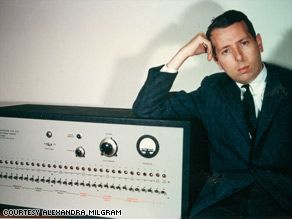
The textbook definition of sin is doing something that you know to be wrong. And yet, as has been frequently noted in fiction, villains (almost) never think to themselves, “Gee, I’m doing something wrong now.” We each live out narratives in which we star as the protagonist. We are the heroes of our own stories. How can we reconcile these two notions: first, that sin requires a knowledge that what we are doing is wrong and second, that no one really believes what they are doing is wrong at the time that they do it? I’m going to rely once… Read More
-
•
•
3 responses
I’ve long thought that Nauvoo was a kind of Mormon Camelot, a shining, hopeful city built on consistent, righteous principles that fell apart amid internal dissension. While I wouldn’t push the analogy too far, I think it kind of works on the surface, especially given the standard portrayal of Nauvoo in lessons like Doctrine and Covenants Gospel Doctrine lesson 29 and in the following poem. Read More
-
•
•
15 responses

The first time I remember, it happened – of course – because I was searching for things on the internet. If I remember correctly, it even happened because I was researching for a Sunday School lesson. I read about Gallatin Missouri Read More
